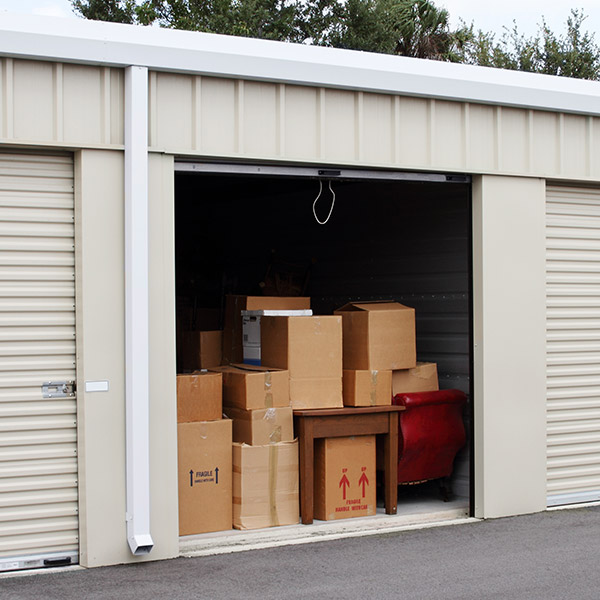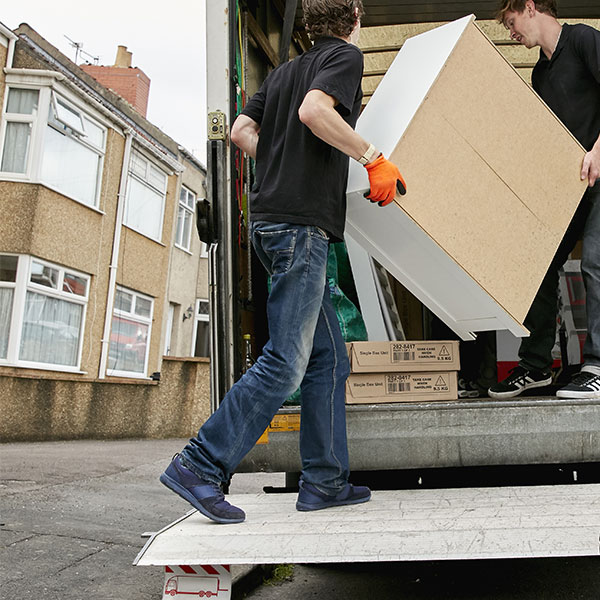Find a storage company
This page has everything you’ll need to know about finding and hiring a local storage company.
Post your job for free. Read reviews, get quotes, and see tips on hiring the right person.
Browse Storage specialists
Take a look at our Storage specialists profiles, read reviews and request quotes directly.
Local storage companies and storage facilities – Rated People
Below you’ll find information to help you understand what’s involved in putting things into storage. This includes the licences your removal company might need, what you can and can’t store, and how to insure your belongings against accidental damage.
What does putting your belongings into storage involve?

Self-storage facilities are normally warehouses divided into smaller units or shipping containers. You pay an ongoing fee to rent the space, and you can access your stuff whenever you like. Some even have 24-hour access. As the name suggests, you’ll be loading and unloading the items yourself, unless you pay someone else to do it for you.
Alternatively, removal companies sometimes have their own storage available if you need to move out of your house before your new home is ready.
They tend to pack everything in large, sealed boxes, and will stay sealed until they’re safely inside your new home. This cuts down on the number of times your belongings are handled, and makes accidental damage less likely. If you think you’ll want access to them while they’re in storage, you might be better off with self-storage instead, and asking the removals company to take your possessions there.
Is there anything I can’t store?
Anything that’s illegal to possess under British law can’t be stored.
Most self-storage facilities won’t allow you to store plants, money or anything flammable like paint. Food can sometimes be prohibited too. If you’re using a removal company’s storage facilities, they’ll have their own policy for what you can and can’t store there before you move into your new home.
How do I prepare fridges and freezers for storage?
If you need to store fridges and freezers, they’ll need to be disconnected, cleaned and dried out ahead of the removal company arriving. If not, you risk leaks and water damage to other items while it’s in storage, not to mention the smell it will cause inside the appliance itself.
The qualifications your removal company needs
Removal companies don’t need any specific qualifications but their drivers will need to have large goods vehicle (LGV) licences.
What is an LGV licence?

An LGV licence states that the driver’s qualified to operate a vehicle under one of the four LGV categories:
- Category C+E – The driver can operate vehicles with a maximum authorised mass of more than 7.5 tonnes, with trailers heavier than 750 kg.
- Category C – The driver can operate vehicles including tipper trucks and heavy box trucks.
- Category C1+E – The driver can operate vehicles between 3.5 and 7.5 tonnes with trailers of 750 kg or more. This might be a large cargo van with a trailer.
- Category C1 – The driver can operate transit vans and small box trucks. They’re not permitted to tow trailers.
Insurance for putting belongings into storage
Your removal company isn’t legally required to have insurance to store your belongings but it’s a good idea for them to have public liability insurance to cover themselves against accidental injury and damage.
It’s also a good idea for you to have your own insurance to cover your possessions should there be a fire, flooding or theft. The easiest way to do this is to extend your home contents insurance to include objects in storage and in transit as part of a house move. If you already have this included, you’ll normally be given a set number of days that your belongings are covered while in storage. It’s worth checking that number beforehand and looking into additional insurance should your move-in date change and you need to keep your belongings in storage for longer than you originally planned.
Questions you should ask your removal company
- How long have they been trading for?
- Are they a member of the British Association of Removers?
- Do they have public liability insurance and what does this cover?
- Do they have an LGV licence and what category is it?
- What can and can’t I put in storage?
Get our app for homeowners
- Send messages and get notifications from tradespeople
- Add photos to get more accurate quotes
- View tradespeople's profiles